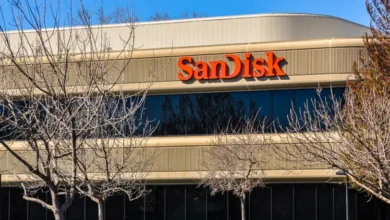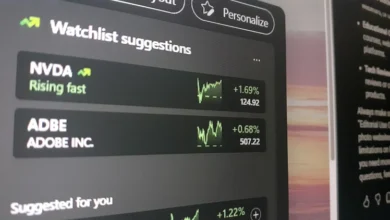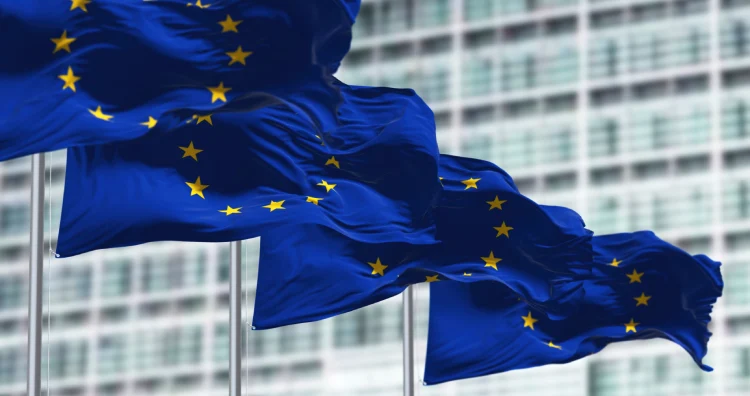
EU Imposes First DMA Penalties on Apple and Meta
European Commission Imposes €500 Million Fine on Apple and €200 Million on Meta Over DMA Breaches
On 23 April 2025, the EU fines Apple and Meta for violating the Digital Markets Act (DMA). It ruled that Apple’s App Store rules violate the DMA by blocking developers from directing users to purchase options outside its ecosystem. The Investigations Directorate found that Apple’s Core Technology Fee on sideloaded apps and other technical safeguards effectively barred third-party storefronts from informing customers about cheaper subscriptions or one-off purchases.
Such restrictions, the Commission ruled, are neither objectively necessary nor proportionate. To restore fair competition, Apple must remove all steering barriers within 60 days or face daily penalties. The company also received a €500 million sanction, calibrated to reflect the duration and seriousness of the infringement.
Meta’s Ad Model Falls Short of Offering a Meaningful Alternative to Data Sharing
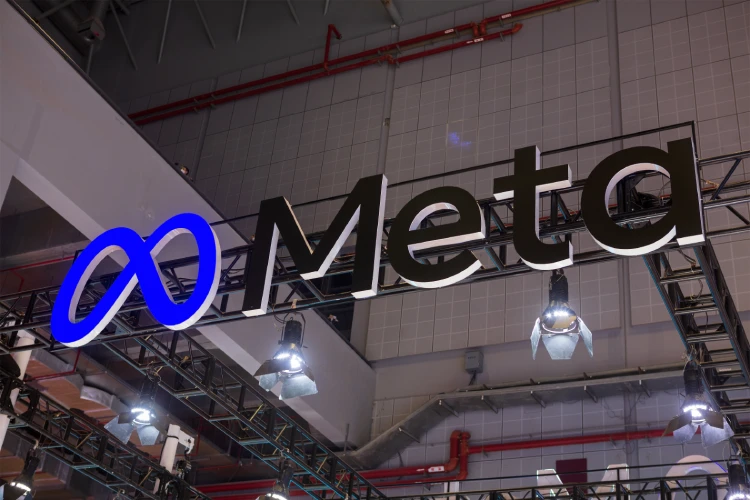
Gatekeepers under the DMA must secure explicit user consent before merging personal data across services and simultaneously provide an equivalent service with reduced data usage. Between March 2024—when DMA obligations became binding—and November 2024, Meta’s dual-track “Consent or Pay” framework on Facebook and Instagram offered either free, personalized ads in exchange for data sharing or a paid ad-free experience.
Regulators determined that this binary choice did not satisfy the requirement for a genuinely low-data alternative. Consequently, Meta has been fined €200 million and ordered to implement a practicable, less invasive ads model that mirrors the personalized-ads service in all respects except data processing.
Facebook Marketplace Loses Gatekeeper Status
In a related ruling, the Commission revoked Facebook Marketplace’s designation as a gatekeeper service after finding it served fewer than 10,000 business users in 2024—below the DMA’s threshold for “important gateway” status.
Following Meta’s formal request on 5 March 2024, regulators verified that the platform no longer met the criteria for sustained designation. The decision to remove Facebook Marketplace from the gatekeeper list reflects how the EU adapts enforcement based not only on fixed thresholds but also on actual usage data and evolving platform roles.
Dialogue Preceded Enforcement
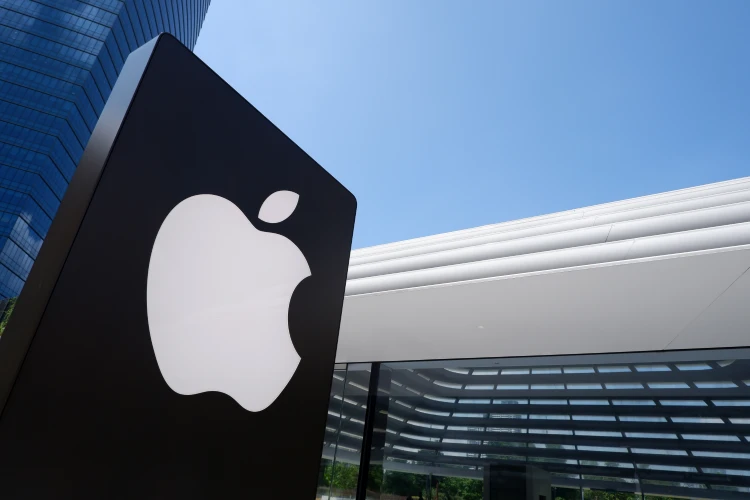
Before arriving at these sanctions, the Commission engaged in detailed back-and-forth with Apple and Meta, giving both tech firms opportunities to propose changes and respond to preliminary findings. Apple’s advance proposal to improve its user-choice screen led to the closure of a separate DMA probe into browser defaults on iOS devices.
Meta, in turn, introduced a revised ads model in November 2024 that purports to limit data collection; the Commission is still evaluating its practical impact. These exchanges reflect the DMA’s emphasis on dialogue: gatekeepers can propose remedies, but the Commission retains ultimate authority to verify their sufficiency.
Penalties Reflect Gravity, Duration and Deterrence
Although the DMA allows fines up to 10 percent of a gatekeeper’s global turnover, the Commission opted for sanctions that balance deterrence with proportionality. The €500 million and €200 million levies account for the months-long non-compliance and the potential market harm caused by steering and data-combination constraints.
These first enforcement actions send a clear message that the EU will uphold “predictable and transparent” rules for digital platforms.
What Comes Next
Apple and Meta have 60 days from notification to comply with the orders or incur additional periodic penalties. Both firms have indicated they will assess legal challenges or seek clarifications on certain requirements.
Meanwhile, the Commission continues to monitor other designated gatekeepers—including Google and X—ensuring adherence to DMA obligations on interoperability, data access and user choice. As the EU’s landmark digital law matures, these decisions establish a blueprint for balancing innovation, consumer rights and fair competition in online markets.

